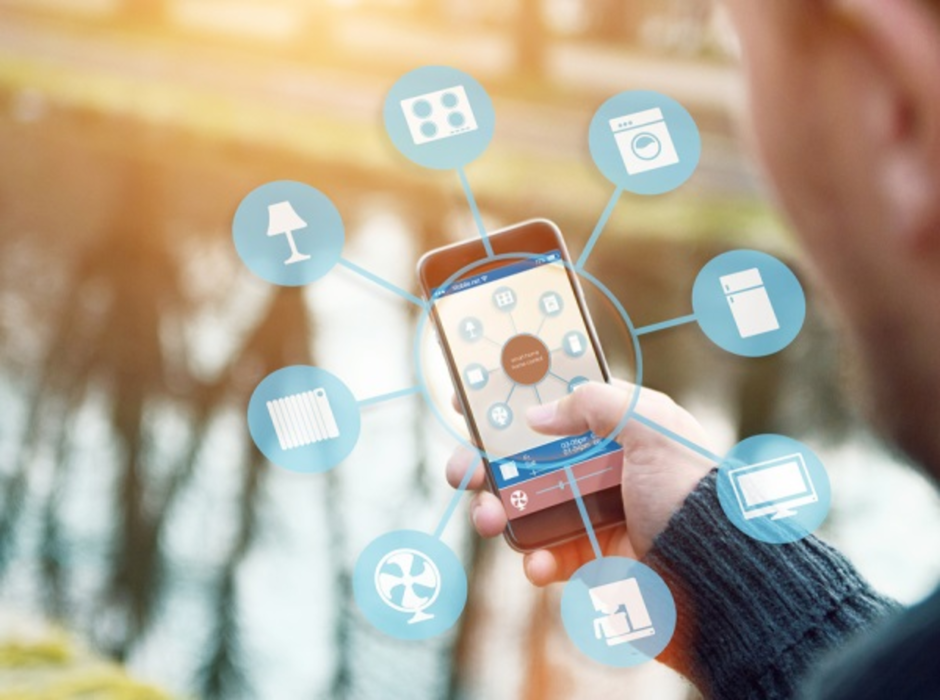How important are app downloads to a marketing strategy? Apparently, they can be crucial, according to Aykut Karaalioglu, CEO of Mobile Action, a solution for App Store optimizations, intelligence, and insights. Today, Android users are able to choose between 1.6 million apps. Apple’s App Store has more than 1.5 million available apps. Marketers need a strategy to make their apps unique and relevant. Here, Karaalioglu gives us the break down on what’s a “potential download,” the main reasons people delete apps, and a look into the future role apps will play in marketing.
Why should marketers be concerned about app downloads?
If you aren’t concerned with downloads, you don’t care enough about your apps. App discovery is broken, and it’s hard for users to find which app is best for them. The reason marketers need to pay attention to the volume of daily downloads they receive is because it is a key indicator of app store category ranking. It’s also helpful for determining keyword ranking—and if that’s low, good luck getting your app downloaded as often.
You say that most apps in the App Store are losing more than “60% potential downloads” each day. What’s a potential download?
I’m referring to the conversion rate—App Store view to actual download. At Mobile Action, we’ve seen an average of about a 40% conversion rate, which means an app is losing 60% of potential downloaders. It’s a big number, and app marketers need to focus on the right title, keywords, and screenshots to entice the viewer to download.
Daily, hundreds of thousands of smartphone owners discover new apps. Companies could have the best content, but if they don’t have an App Store strategy for both optimization and user acquisition it could all be for naught. In various categories you can see some amazing brands with terrible ratings. They should find out why, fix it, and strengthen their brand. Improvements and higher ratings will improve your downloads.
This week, we’re all about adding 3D objects to our favorite photos! #FreeAppoftheWeek http://t.co/NUM2ACVzqd
https://t.co/vaHgXJ0Wy1
— App Store (@AppStore) August 10, 2015
What are the main reasons that users download an app?
Users download an app for two reasons: because of an organic search (63%) or through various advertising channels. Most are downloading the app because of the utility the app provides. Featurings in the respective App Stores still help, but don’t have the same influence they used to. The average U.S. smartphone user has up to 45 or 50 apps. Limited space on phones is a main reason people delete apps, especially those they don’t use often. People delete apps faster than they delete their pictures, which they’ll probably never even look at again.
How can marketers increase app downloads?
They can start by focusing on improving their App Store optimization strategy, that is title, keywords, screenshots, and app videos. Constantly updating this information and running A/B tests are helpful. Strategic advertising campaigns can be an effective way to boost overall downloads, and a blend of incentivized and non-incentivized traffic should be considered depending on the goal of the campaign.
Which specific app analytics should marketers be monitoring?
App marketers should track in-app and app store analytics. First, measure the attribution points of your apps and track where your downloads are coming from (companies like AppsFlyer and Adjust can help). For in-app analytics, tools like Mixpanel and Flurry are effective, and this is where developers can monitor usage, registration rates, and app screens viewed. This will give ideas on what to A/B test to improve your app. As I mentioned before, App Store analytics like conversion rates, keyword rankings, and review analysis can be monitored.
What do you define as true engagement in an app?
The first week of a user’s lifetime is pivotal. You need to onboard and get them registered in the easiest way possible. Don’t overwhelm them. True or loyal app engagement is when users are using an app multiple times a month, but this depends on the category. Social apps can be used multiple times a day while a running app or hotel booking app might be used once or week or just a few times a year.
What’s the future of apps in marketing?
Apps are going to be key for brands. This will become the new channel to deliver messaging, promotions, and information to users. It’s amazing how many brands are promoting their apps now in their TV commercials since many of us have our second screens with us when we are watching TV. This will make app marketing more expensive for smaller developers.
App marketers will also need to work on cross-promotion of their own apps, if they have multiple apps, or with partners where the messaging is a good fit. We have been seeing some quality examples of this of late, and we’ve heard these campaigns perform much better than normal in-app advertising.








